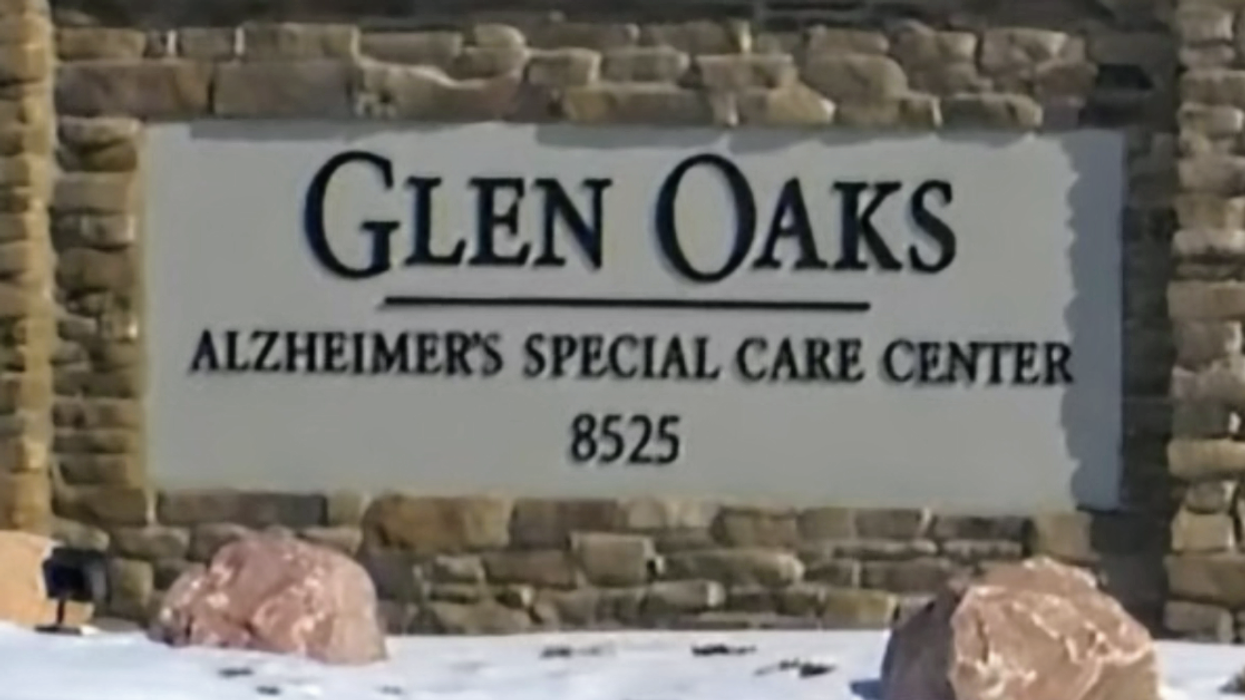A funeral home's discovery a woman brought from an Alzheimer's hospice facility in a corpse bag was still alive resulted in a $10,000 fine for the facility in a suburb of Des Moines, Iowa.
In a report submitted on Wednesday, the Iowa Department of Inspection and Appeals stated the 66-year-old woman was pronounced dead on January 3 at the Glen Oaks Alzheimer's Special Care Center in Urbandale, Iowa.
The woman—whose name has not been made public—was receiving hospice care since December 28 for early onset dementia, anxiety and depression. According to the report she was placed in a body bag with a zipper then transported to the Ankeny Funeral Home & Crematory.
Once there the funeral home staff discovered she was breathing and dialed 911.
You can see the report here:
She was unresponsive but breathing when she was brought to Mercy West Lakes Hospital.
Eventually the patient was transferred back to hospice care, where she passed away on January 5 with her loved ones by her side.
The woman was being cared for by a team at Glen Oaks, where a staff member who worked a 12-hour shift said she first alerted a nurse practitioner about the woman's condition early on January 3.
In addition to being unable to locate a pulse, the nurse practitioner attending to the woman all night claimed she was not breathing. Before concluding the woman passed away, she continued to examine her for about five minutes.
About 90 minutes after the staff member's initial complaint, at 6:30 am the woman was pronounced deceased. No signs of life were discovered when the woman was placed into the body bag and the funeral home's truck by a funeral home employee and a second nurse practitioner about an hour later.
People's reactions to this story were quite visceral.
They started with the usual "wait, what?" before moving on to more nuanced reactions.
Many people commented on the fact the facility has only been fined $10k by the state.
Noting the nurse had worked 12 hours, one person got quite pointed about the difference between fines and staffing ratios.
Others shared this was their actual nightmare—being metaphorically buried alive or incinerated in a crematorium.
Others were asking why there wasn't a doctor involved.
Still another commented unfortunately capitalism is at the center of most elder care in the USA today.
Finally, many people can agree on at least one thing.
It's time for a change.
Thankfully the woman passed peacefully surrounded by her loved ones, but what a terrible last few days.














 @DuncanCecil/X
@DuncanCecil/X @@realDonaldTrump/Truth Social
@@realDonaldTrump/Truth Social @89toothdoc/X
@89toothdoc/X @xray_media/X
@xray_media/X @CHRISTI12512382/X
@CHRISTI12512382/X
 @sza/Instagram
@sza/Instagram @laylanelli/Instagram
@laylanelli/Instagram @itssharisma/Instagram
@itssharisma/Instagram @k8ydid99/Instagram
@k8ydid99/Instagram @8thhousepath/Instagram
@8thhousepath/Instagram @solflwers/Instagram
@solflwers/Instagram @msrosemarienyc/Instagram
@msrosemarienyc/Instagram @afropuff1/Instagram
@afropuff1/Instagram @jamelahjaye/Instagram
@jamelahjaye/Instagram @razmatazmazzz/Instagram
@razmatazmazzz/Instagram @sinead_catherine_/Instagram
@sinead_catherine_/Instagram @popscxii/Instagram
@popscxii/Instagram
